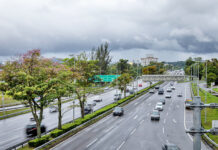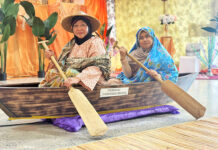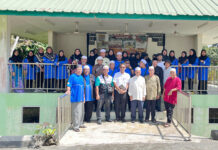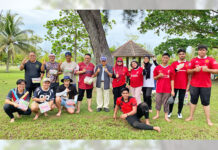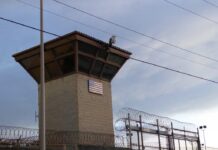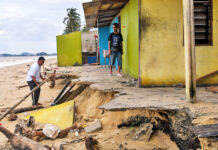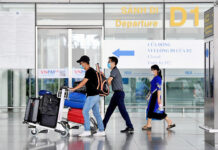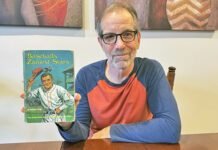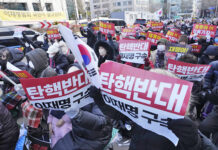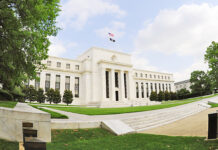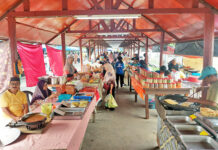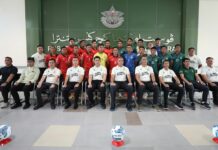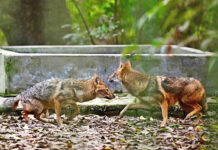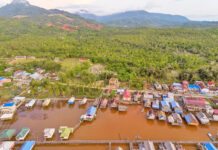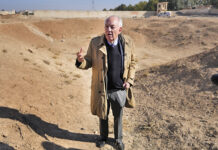CNA – Turkiye on Tuesday hosted the leaders of Syria’s opposition in a bid to assuage their concern following its overtures to Damascus.
Foreign Minister Mevlut Cavusoglu tweeted images of his meeting in Ankara with the opposition Syrian National Council chief Mahmut al-Maslat and other leaders.
The talks came less than a week after the defence chiefs of Turkiye and Syria held landmarks negotiations in Moscow – the first such meeting since 2011.
“We reiterated our support to the Syrian opposition and people in accordance with United Nations (UN) Security Council Resolution 2254,” Cavusoglu said in reference to a 2015 UN call for a ceasefire and political settlement in Syria.
Turkish President Recep Tayyip Erdogan suggested that the talks between the defence chiefs be followed up by a meeting between the foreign ministers that could set up a potential presidential summit.
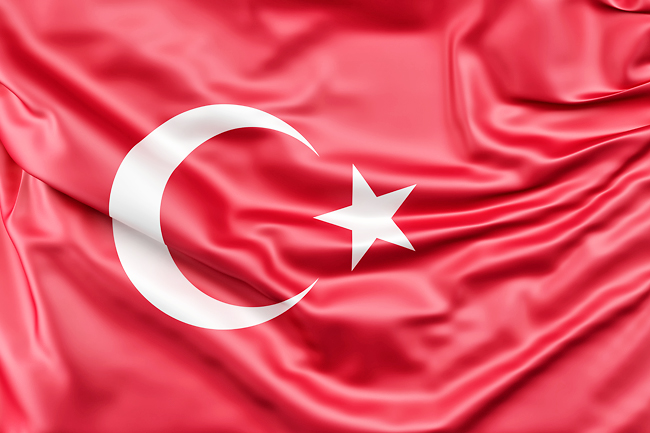
Cavusoglu said he expects to meet his Syrian counterpart Faisal Mekdad in Moscow in the second half of January.
But Assad’s regime appears cool to Erdogan’s outreach efforts.
Some analysts believe that Assad will not agree to meet Erdogan before Turkiye holds a general election – now scheduled for no later than June.
Erdogan’s Foreign Policy Adviser Ibrahim Kalin said it was “too early to say right now” when the two presidents might meet.
“How all of this unfolds depends on the regime’s attitude,” Kalin told NTV television.
“Turkiye has extended its hand.
“We do not think that they will leave this hand hanging.”
Erdogan’s hopes for talks with Assad follow calls from Turkiye’s main opposition party for Ankara to pull back its troops from Syria and make peace with Damascus.
The opposition is pressing Erdogan to speed up the “voluntary” return of nearly four million Syrians who fled the fighting to Turkiye.
Anti-refugees sentiments are running high in Turkiye ahead of the election and Erdogan has hardened his once-accepting stance towards people displaced by war.
Kalin confirmed that Ankara was now pressing Damascus “to take steps for the return of refugees and the humane treatment of displaced Syrians”.

